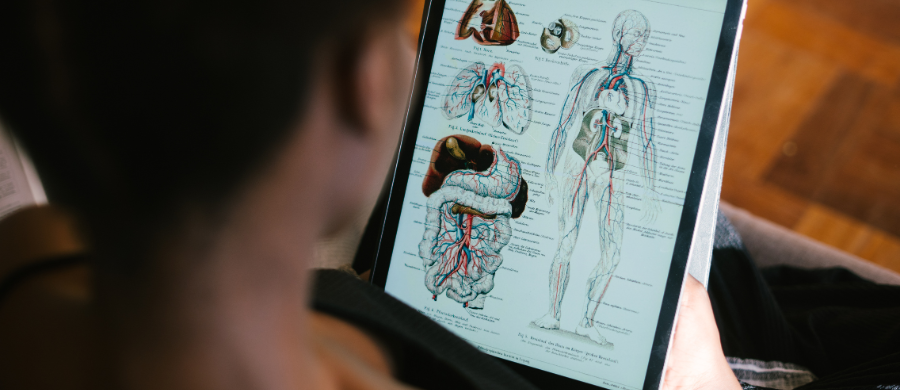The Primal Pictures platform is committed to making the study of anatomy more inclusive
Subject: Health Sciences
The team at the Primal Pictures platform has analysed the contents to ensure that its educational materials on anatomy are inclusive.
It has made some 20 actions in four areas: sex and gender, decolonization, accessibility, and age and body size.
The Primal Pictures platform, a 360° atlas of anatomy and 3D images, has published its Equity, Diversity & Inclusion Pledge, a roadmap to ensure equity, diversity and inclusion in its contents. This document is a statement of intent and a list of actions planned to help provide students and research staff with educational content that is representative of social diversity and to support the anatomy educational community.
The team behind the Primal Pictures platform has subjected the contents published throughout its 30 years of history to a critical analysis and identified priority areas of action. Four areas of intervention have been identified: sex and gender, decolonization, accessibility, and age and body size.
Close to 20 actions have been planned in each of these areas. They are long-term plans that include improving accessibility, updating 3D models, expanding and revising texts and incorporating more case studies.
What actions have been planned?
-
Sex and gender. In order to ensure that the anatomical information provided represents the diversity of bodies and experiences, female body models will be developed, new specific microanatomy models of the uterine wall and fallopian tubes will be added, and more inclusive language such as "genital system" instead of "reproductive system" will be used.
-
Decolonization. Traditionally, anatomy images have depicted the white male anatomy, and the platform team has identified content in which the anatomy models, skin microanatomy or clinical images refer to models of white people. For this reason, the platform will update the content and explanations and will make use of a more inclusive network of experts.
-
Accessibility. In addition to reviewing and creating new content to represent disability, the online accessibility of all products on the platform, such as compatibility with screen readers and descriptive transcriptions of contents, will be reviewed.
-
Age and body size. The contents and case studies on ageing will be reviewed, and the topic will be dealt with in a positive way and with priority to combat ageism. Contents will also be updated to represent the diversity in people's weight.
Primal Pictures has made a long-term pledge that will evolve over the next few years, and it is open to users making their own contributions to create a collective, valuable and useful resource.
You can access Primal Pictures by entering its name in the or directly from the Search the digital collection by field page. You will just have to log in with your Virtual Campus credentials.
The Library team favours the inclusion of resources which, like this one, show a commitment to equity and promote inclusive and accessible content, in keeping with the UOC's commitment to the United Nations' Agenda for Sustainable Development.


